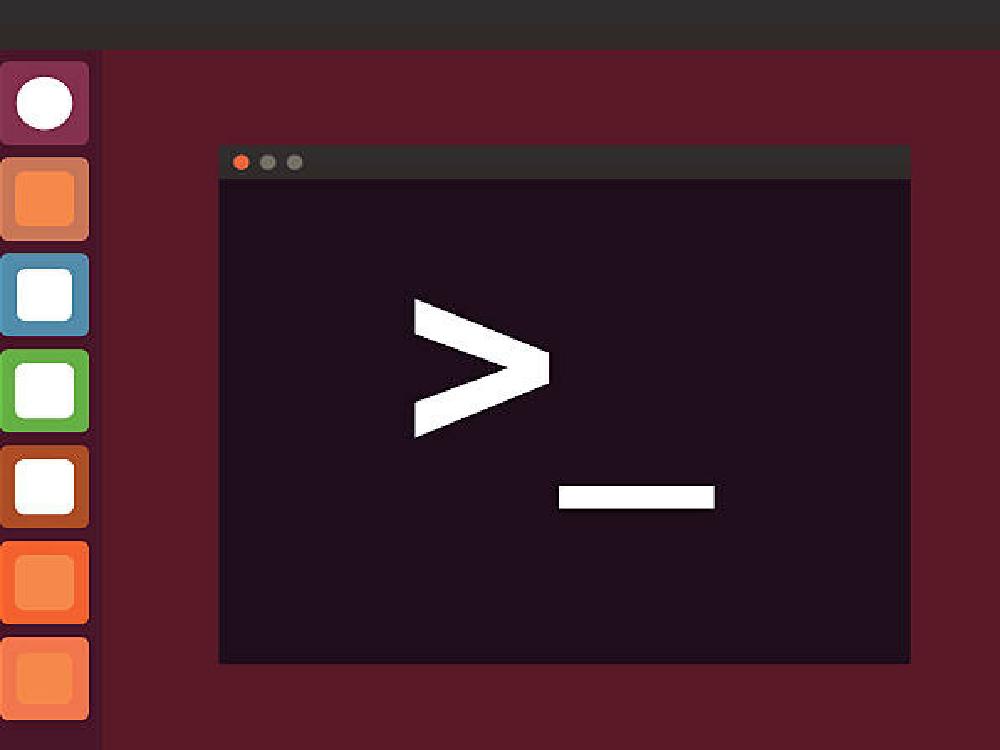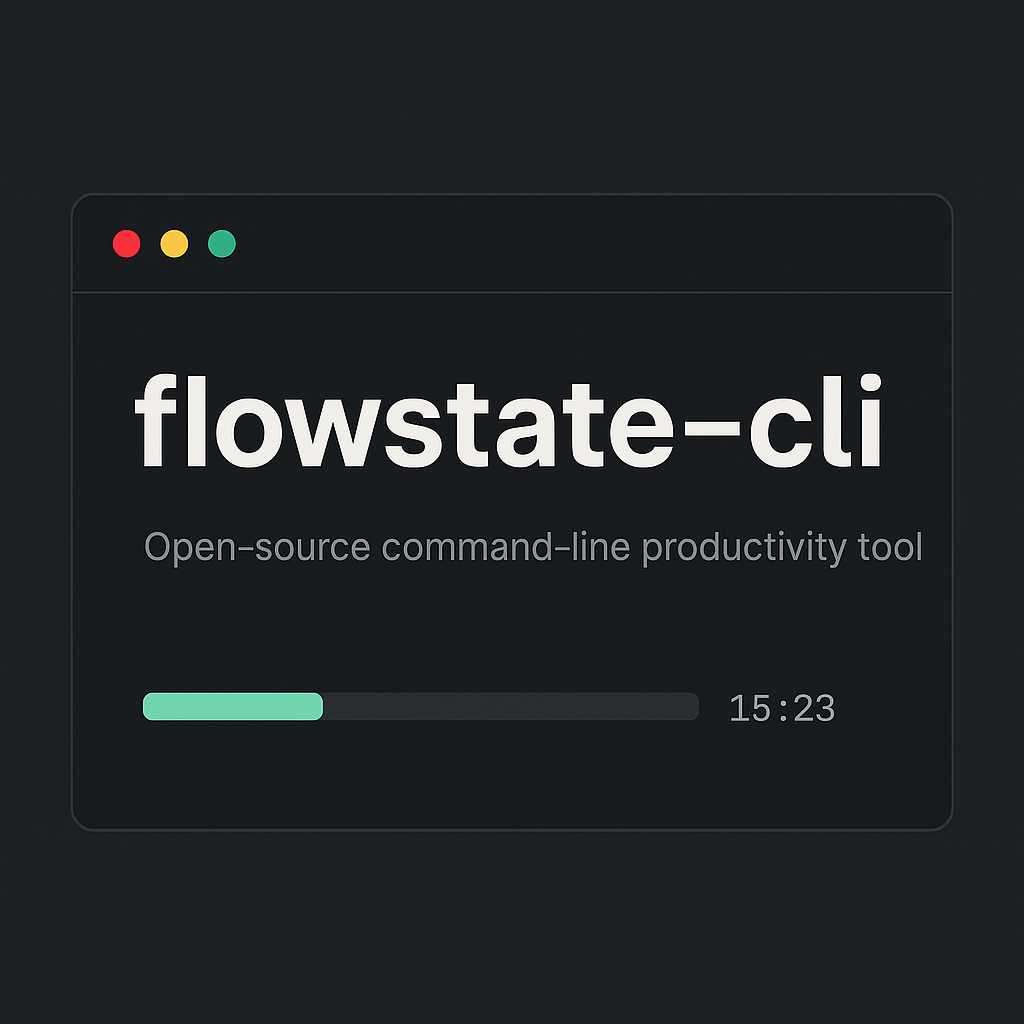Overview
The IT Arsenal Command Center is a unified automation toolkit that brings together 22+ scripts for system administration, development, DevOps, and database management tasks into a cohesive, menu-driven interface. It provides a centralized command center with consistent logging, configuration management, error handling, and execution capabilities.
This project (also known as auto_scripts) unifies various automation scripts into a single, cohesive framework, making system administration and development tasks easier to manage. The toolkit is organized into functional categories and includes extensive documentation, testing capabilities, and plugin support.
Repository Structure
The project follows a well-defined structure:
auto_scripts/
├── README.md # Project overview and documentation
├── CONTRIBUTING.md # Guidelines for contributors
├── LICENSE # Project licensing information
├── arsenal.sh # Main interface script
├── install.sh # Installation script
├── config/ # Configuration files
├── database/ # Database management scripts
├── development/ # Development workflow scripts
├── devops/ # CI/CD and deployment tools
├── docs/ # Extended documentation
├── lib/ # Shared library functions
├── plugins/ # Extensibility system for custom scripts
├── system/ # System administration utilities
├── templates/ # Script templates
└── tests/ # Testing framework
Installation & Setup
Getting started with IT Arsenal is simple:
# Clone the repository
git clone https://github.com/sundanc/auto_scripts.git
# Make the main script executable
chmod +x arsenal.sh
# Launch the toolkit
./arsenal.sh
For a guided installation with dependency management:
chmod +x install.sh
./install.sh
Key Features
Unified Command Interface
- Single entry point (
arsenal.sh) to access all functionality - Menu-driven system with categorized script options
- Command-line arguments for direct script execution
- Consistent help documentation across all tools
- Unified logging system for better traceability
- Extensibility via plugins directory for custom functionality
- Error handling and notification system for reliable execution
Core Library Functions
The toolkit includes a powerful library (lib/common.sh) that provides:
- Configuration management utilities
- Standardized logging functions
- System monitoring utilities
- File management helpers
- User interaction tools
- Network utilities
To use these functions in custom scripts:
source "$(dirname "$0")/../lib/common.sh"
Enhanced Reliability Features
System Compatibility Checker
IT Arsenal includes a robust compatibility checker (lib/compatibility_checker.sh) that verifies if your system meets the requirements to run each script:
- Required dependencies and tools
- Operating system compatibility
- User privilege requirements
- Version requirements for critical tools
- Installation guidance specific to your OS
Usage options:
- Automated checks - Every script is checked before execution
- System-wide scan - From the main menu, select option 9 to check compatibility of all scripts
- Direct usage - Run
./lib/compatibility_checker.sh script_name.shto check a specific script
Advanced Script Debugging
The script debugging tool (system/script_debug.sh) offers comprehensive script analysis:
# Debug a specific script
./system/script_debug.sh -s system/vm.sh
# Check all scripts in a category
./system/script_debug.sh -c system
# Full system analysis
./system/script_debug.sh -a
Debugging Capabilities:
- Syntax validation without execution
- Dependency verification
- Static code analysis
- Best practices checks
- Execution recommendations
- Code quality suggestions
Script Categories
The toolkit organizes scripts into functional categories for easier navigation:
1. System Administration Tools
These scripts help with monitoring and maintaining system health:
System Monitoring
| Script Name | Purpose |
|---|---|
system-health.sh |
Advanced system health monitoring with adaptive thresholds |
system-stats.sh |
Detailed statistics logging for system metrics |
service-monitor.sh |
Service verification and auto-restart capability |
Diagnostics
| Script Name | Purpose |
|---|---|
disk-analyzer.sh |
Partition monitoring with threshold alerts |
network-tester.sh |
Network connectivity testing with logging |
security-scan.sh |
Vulnerability and configuration scanning |
System Information
| Script Name | Purpose |
|---|---|
vm-detector.sh |
Enhanced VM detection for hypervisors and containers |
uptime-report.sh |
Human-readable system uptime and boot time display |
update-manager.sh |
Package update/upgrade script with colored output |
Advanced Tools
| Script Name | Purpose |
|---|---|
network-diagnostics.sh |
Comprehensive network troubleshooting suite |
log-analyzer.sh |
Pattern identification and reporting in system logs |
performance-benchmark.sh |
Complete performance benchmarking system |
2. Development Tools
Tools designed to streamline the development workflow:
| Script Name | Purpose |
|---|---|
git-branch-manager.sh |
Interactive branch creation, deletion, and merging |
git-workflow.sh |
Streamlined Git workflow automation |
venv-creator.sh |
Python virtual environment setup with dependencies |
3. DevOps & Deployment Tools
Scripts for managing deployment processes:
| Script Name | Purpose |
|---|---|
ci-cd-automation.sh |
Comprehensive CI/CD automation |
app-deployer.sh |
Application deployment with branch selection |
backup-creator.sh |
Timestamped file backup system |
4. Database Management Tools
Specialized scripts for database operations:
| Script Name | Purpose |
|---|---|
db-backup.sh |
MySQL database backup utility |
db-maintenance.sh |
Advanced database maintenance suite |



